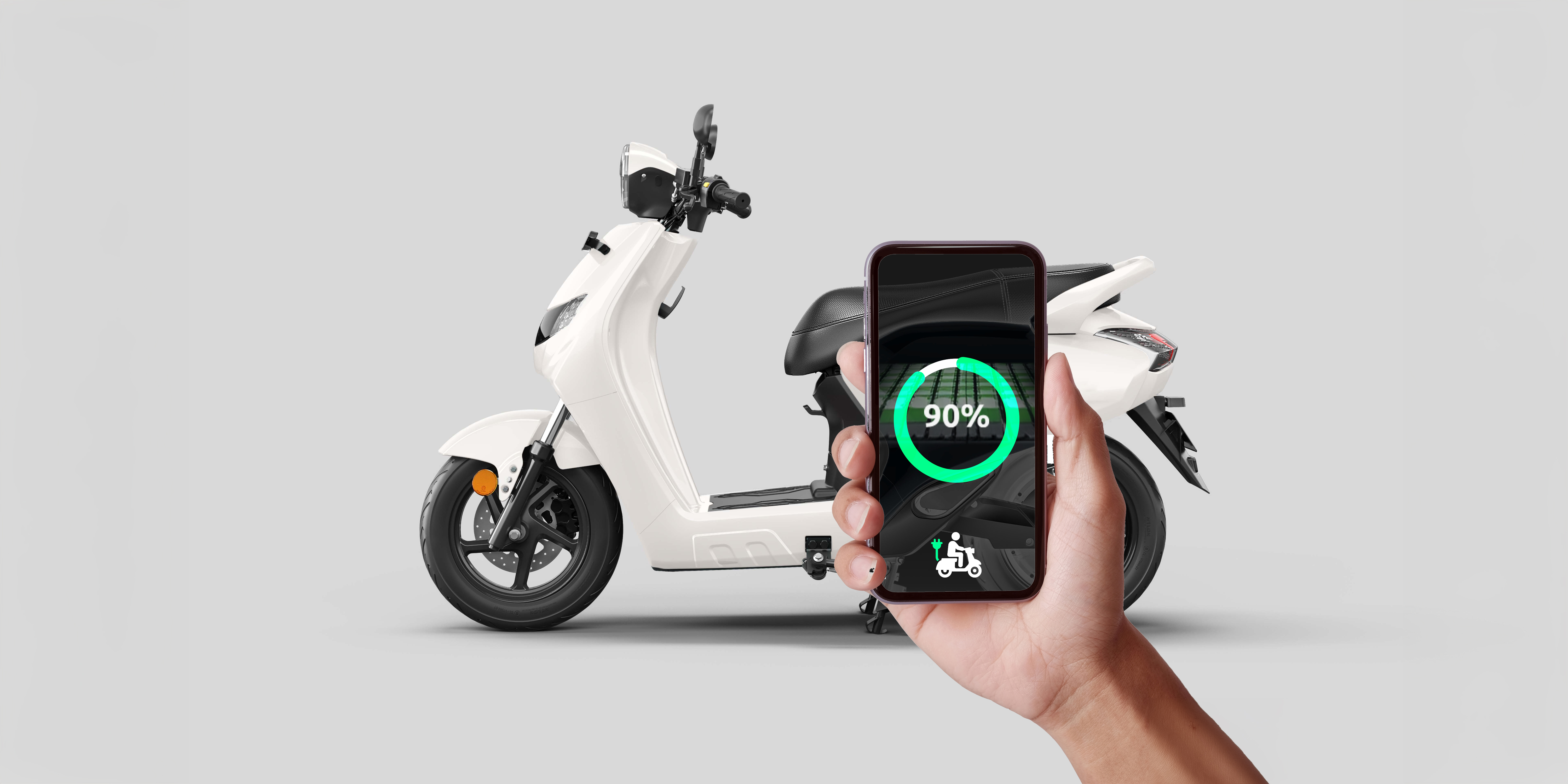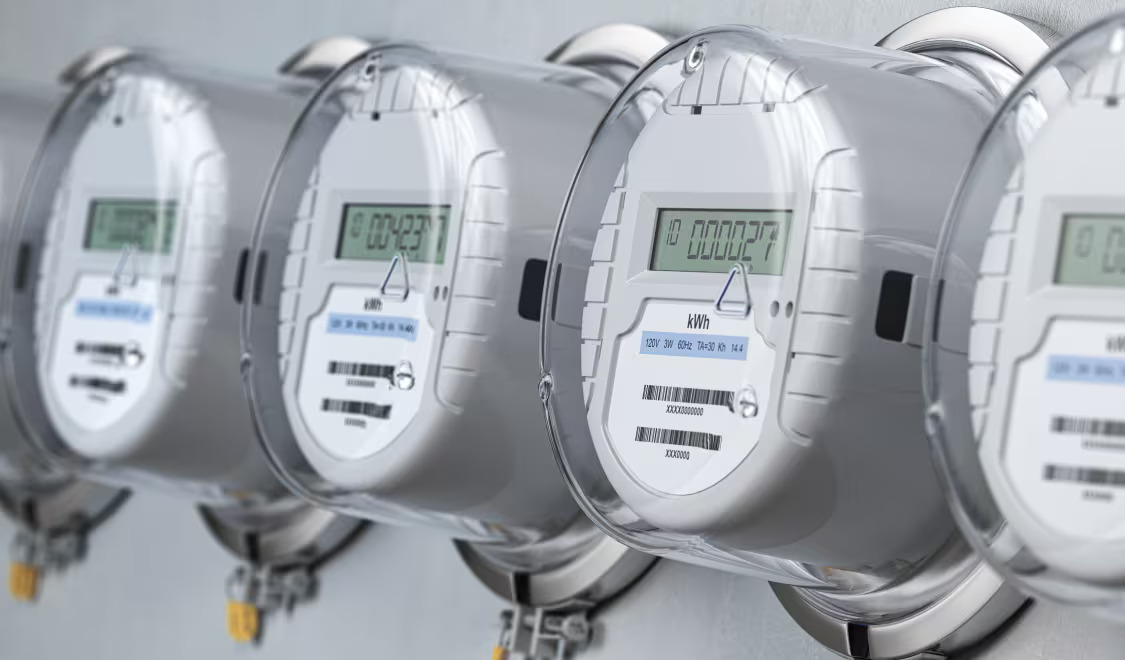Airtel IoT Smart Energy Management helps a hospitality giant save energy while prioritising sustainability
-
January 20, 2025
-
4 min read

Overview
The global hospitality industry is undergoing a transformative phase, with an increasing emphasis on sustainability and energy efficiency. According to a recent fortune business insights report, the global hotel energy management market is projected to grow at a CAGR of 15.3% from 2024 to 2032 . This growth is driven by the need for hotels to reduce their carbon footprint, comply with stringent environmental regulations, and meet the rising expectations of eco-conscious guests. In India, the hospitality industry faces increasing pressure to optimize operations while adhering to Environmental, Social, and Governance (ESG) initiatives.
Traditional methods fall short: fragmented energy data hinders savings, reactive heating-ventilation-air-conditioning (HVAC) maintenance leads to breakdowns, energy leakage and compromise guest comfort. According to beeindia.gov hotels can achieve 10-30% energy savings through better energy management. Focusing on HVAC (30-50% potential reduction), lighting (up to 75% with LEDs), and water management can significantly improve efficiency. This challenge presents an opportunity: hotels can embrace proactive energy management solutions to achieve both operational efficiency and sustainability.
Challenges
With over 100 five-star resorts across India, the hospitality giant was grappling with soaring energy costs and operational inefficiencies. The hospitality giant faced several challenges that impeded their ability to manage energy consumption efficiently:
- Maintenance Lapse: The lack of predictive maintenance led to unexpected HVAC failures, resulting in higher costs and inefficiencies.
- Lack of centralized view of energy assets: Managing diverse assets like DG Sets, UPS, Water Meters, Solar Panels, etc separately made it difficult to optimize performance and track maintenance needs. – operational nightmare
- Blind spots in energy consumption: Absence of real-time alerts or visibility into equipment alarms and runtime parameters increases the risk of undetected failures.
These challenges compounded to create significant setbacks for the hospitality giant. The lack of predictive maintenance caused undetected equipment failures, forcing costly manual interventions and unplanned downtime. Without a centralized view of energy assets, operational inefficiencies grew, increasing energy consumption and carbon emissions due to outdated optimization practices. Moreover, the absence of real-time alerts and visibility into equipment performance led to frequent HVAC fluctuations, directly impacting guest comfort and the overall customer experience.
Solution
Airtel IoT’s Smart Energy Management solution tackles the challenges faced by hospitality giants struggling with high energy costs and operational inefficiencies. This comprehensive offering includes:
- Hardware: Sensors and gateways connect various assets like HVAC units, water meters, and solar panels.
- IoT Connectivity: Airtel M2M connectivity to provide reliable 4G connectivity for data transmission across locations
- Cloud based web application: Visualization and analysis of energy consumption patterns and predictive maintenance and smart schedules.
With the solution in place, Airtel IoT unlocked the advance capabilities for the hospitality giant:
- Complete Visibility of Energy, Water, and Diesel Consumption: Identify energy leaks, maintain temperature standards, and monitor high-consumption assets for significant cost reductions.
- Energy Quality & Peak Load Management: Track electricity consumption, voltage, and current to identify anomalies and optimize usage during peak hours, potentially avoiding penalties from electricity boards.
- Equipment Performance: Gain insights into HVAC health and proactively take corrective actions to avoid breakdowns.
- Air Quality Monitoring: Monitor indoor air quality, enhancing guest and employee well-being.
- Carbon Footprint Logs for ESG Compliance: Detailed carbon footprint logs supported the resorts in adhering to ESG standards, guiding them in their sustainability efforts.
Impact
The implementation of Airtel IoT Smart Energy Management led to significant improvements:
Airtel IoT Smart Energy Management had transformational impact on the hospitality giant, driving cost savings, optimizing energy use, enhancing operational efficiency, and strengthening ESG compliance—all while improving the guest experience. Building on this impact, the partnership delivered significant financial, operational and environmental benefits, including up to a 15% reduction in energy spending, an 11% increase in productivity, and a 20% reduction in maintenance costs.
This case study serves as a testament to Airtel IoT’s ability to deliver innovative, data-driven solutions that address the unique challenges faced by industries such as hospitality. As businesses increasingly prioritize sustainability and cost-efficiency, Airtel IoT’s Smart Energy Management platform is poised to become a critical tool for driving success.
 Share
Share








